Just a decade or so ago, most public‑school-educated parents felt obliged to give their children the same start in life they themselves were given — selling off heirlooms to send their Jacks and Henriettas off to Eton, Stowe, Cheltenham Ladies or St Paul’s. These days the price is just too high, says Andrew Halls, head of King’s College School in Wimbledon, and he’s been honest enough to name the cause: the hordes of prospective parents from other countries, oligarchs and oil men, all jostling for places for their progeny. They push the price of an elite ‘British’ education up beyond the reach of any ordinary Brit.
He’s brave to raise the issue, but what he doesn’t mention is that there is a price to be paid for this by the independent schools themselves. With these new wealthy students — from China, Nigeria, Ukraine, Russia and the Gulf States — come new and often conflicting cultures. They inevitably bring very ‘traditional’ views to schools that have spent the past 20 years remaking themselves to fit the modern world.
According to the Independent Schools Council, there are 2,536 Russian pupils (with overseas parents) studying in this country — three times as many as there were in 2007. It is the trendy thing for moneyed Russian families to do. One 16-year-old Russian girl quoted in the Guardian last year put it well: ‘Nothing brings out the smugness in a middle-class Russian parent’s voice more than saying: “Oh, my children go to school in England.”’ This is good news for so-called UK Plc, but there are downsides too.
My Catholic boarding school, Worth Abbey, received a small contingent of German dukes and minor princes each year. This year, nationally, Russian students soared ahead of the Germans to become the third biggest group of overseas students, behind only Hong Kong and mainland China. The same is true of public schools across the country, and there have already been incidents as a result. I was told by a member of staff at a very expensive day school in London that they had witnessed a violent attack by Ukrainian pupils on two gay students in a common room. You might have expected the school to crack down on them (our new Education Secretary, Nicky Morgan, recently pledged £2 million to tackle homophobic bullying). As it happens, the students were not expelled, or even suspended — to the dismay of some staff who watched the CCTV pictures of the incident. Why weren’t they? Many suspect that some public schools prioritise lucrative fees over their ‘zero tolerance’ rules on homophobia and racism.
I know of another incident, which may have echoes in other public schools across the country. And because a chain of emails exists that I have seen, it can be reported. The school in question is Dulwich College, the £36,000-a-year south London powerhouse, alma mater of Sir Ernest Shackleton and P.G. Wodehouse and, as it happens, Nigel Farage. The incident happened in an English class, early in the term. The classroom conversation turned to a subject that was prominent in the news that week — the Hong Kong billionaire Cecil Chao Sze-tsung’s offer of £40 million to any man who could persuade his lesbian daughter Gigi to marry him. At that point a newly arrived foreign student, about 16 years old, piped up.
According to the teacher, the boy said that if there was a gay pride march through his city, he would be quite happy to see the participants shot dead. ‘This was the most inflammatory of his views, but there were others in a similar vein throughout the course of the double lesson,’ the teacher wrote in an email. ‘In all my time teaching EAL [English as an additional language] at Dulwich, overseas and at other British schools, I have never heard such extreme and offensive views.’
Also interesting is an email sent by Dr Cameron Pyke, the head of Dulwich’s upper school, to the student’s mother — the wife of a financier. It is clear the two have met in person in her native country. ‘Dear Mrs X,’ it begins. ‘I hope that all is well with you. It was a pleasure to meet you on Saturday. I have now been able to discuss the issue you raised, both with the colleague concerned and with [the student in question].’
He explains the ‘context’ of the class’s discussion in general terms, and then continues on his mission of parental diplomacy: ‘I appreciate your concern about some of the themes discussed, and we recognise that he, together with his family, possesses deeply held views as well as the basis for these, so I have asked him to speak to me directly should he feel uncomfortable in this way in future. However, I am confident that this will not be the case and that we can now consider Friday’s episode closed.’
Why Pyke appreciates her concern, and why he doesn’t seem to think the student will encounter the topic of homosexuality again in the school, we are not told. In his email he goes on to say that he has advised the student to ‘keep his counsel’ at such moments, and has let him withdraw from that course.
When the class teacher was told how Pyke had resolved the issue, she appears to have been — at least initially — unimpressed by the way the matter had been dealt with. She wrote in an email: ‘I find it disappointing that the email to Mrs X has nothing about the need to discipline the boy for his expression of such outrageous and aggressive views. Equally, the implication expressed that he will not encounter such liberal views here at Dulwich is surely problematic as is the idea that such disgusting views as his (and presumably the rest of his family’s) are acceptable at our school as long as they are deeply held.’
When I first tried to report the story, Dulwich’s headmaster, the highly respected Dr Joe Spence (formerly an Eton housemaster), got an expensive firm of lawyers on board to threaten legal action for breaching the boy’s privacy. He said the head of the upper school had been in the foreign country anyway, on a pre-arranged ‘recruitment trip’, when he met the boy’s mother. He also said a student who adopted a persistently homophobic stance would be suspended and that the class teacher had ultimately been satisfied with the way the issue had been handled.
As with most things that go on at prestigious private schools with expensive lawyers — nowadays reliant on foreign money, as they once were on ancient titled families — we will have to take the headmaster at his word. But the whole incident should perhaps act as a cautionary tale for any head teacher of a public school who thinks foreign pupils are an easy answer.
Got something to add? Join the discussion and comment below.
Get 10 issues for just $10
Subscribe to The Spectator Australia today for the next 10 magazine issues, plus full online access, for just $10.
You might disagree with half of it, but you’ll enjoy reading all of it. Try your first month for free, then just $2 a week for the remainder of your first year.

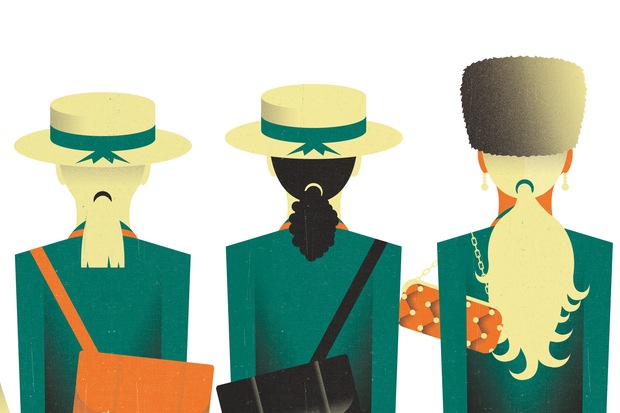

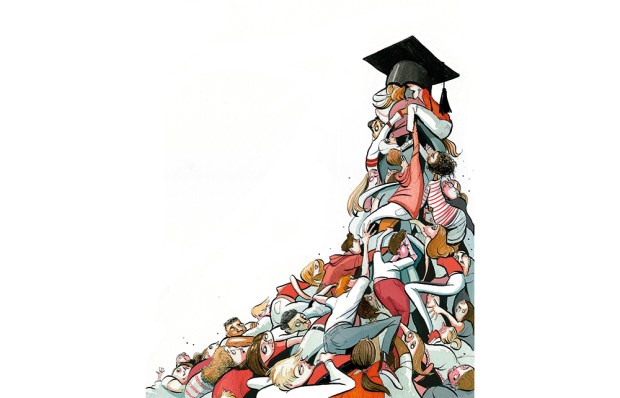
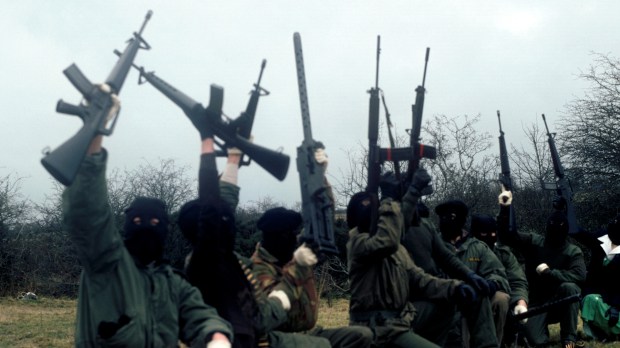

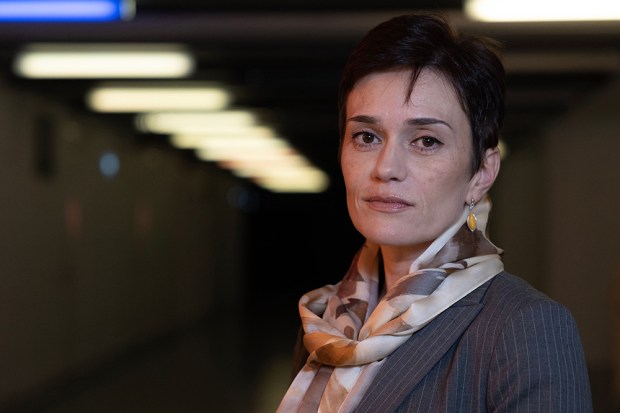
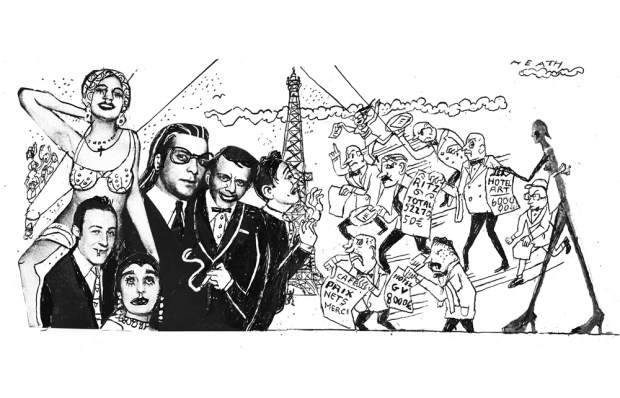






Comments
Don't miss out
Join the conversation with other Spectator Australia readers. Subscribe to leave a comment.
SUBSCRIBEAlready a subscriber? Log in